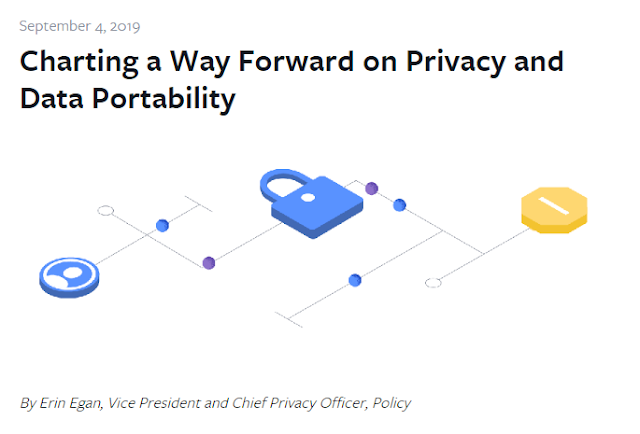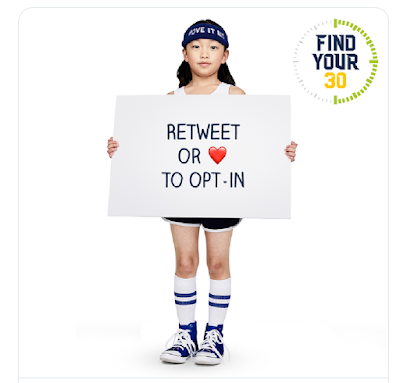Peak Paradox and #privacy
I have explored privacy and identity in a previous post , taken from the perspective of the individual. This post is from the perspective of the state/ nation/ law. I commented on Michael Becker's LinkedIn post about his list of words and definitions for the identity/ privacy space . I commented that everyone remains fixated on making their particular solution work to a problem the user has not got which is " #privacy. " Whilst every language and country has an ideal notion of privacy, the wide variety of cultures means there is no unified “concept of privacy”, even if privacy is explicitly named or defined in their specific language law or culture. I asked #chatGPT, the “AI” bot from Google, the question, “ how would a capitalist and socialist view privacy? ” “Capitalists would see privacy as an important aspect of individual liberty and autonomy and they view privacy as a property right that can be traded or sold, and they may support policies that allow companies ...




